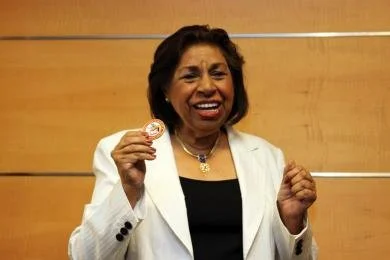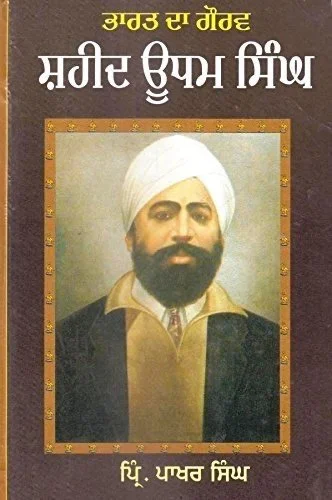No Longer Colorblind: Mendez v. Westminster
Photo of Sylvia Mendez via US Courts
Jasleen Kaur
“A paramount requisite in the American system of public education is social equality. It must be open to all children by unified school association regardless of lineage.”
At the ripe age of nine years old, Sylvia Mendez became a part of civil rights history. The Mendez v. Westminster case dealt with racial segregation in the education system nearly eight years prior to Brown v. Board, yet it is given little recognition within the fight for inclusivity. This case led to the monumental ruling that the forced segregation of children of Hispanic heritage was unconstitutional. This ruling inspired others to seek desegregation, even influencing and playing a larger role in the arguments used in the famous Brown v. Board case.
Sylvia Mendez and her family had moved to Orange County, California, and attempted to register her for school at the nearest elementary school: Westminster. To the family’s surprise, Sylvia was rejected from being enrolled and the family was told to enroll her in Hoover Elementary, which was specifically for Mexican-American students because Westminster was a “whites-only” school.
Gonzalo Mendez, Sylvia’s father, decided to take matters into his own hands and filed a federal lawsuit against Westminster, along with three other districts of Orange County. Four other Mexican families joined in on this suit after their children had also been forced to attend segregated schools. The case argued that segregation based on race and ethnicity violated the equal protection clause of the 14th Amendment.
An interesting aspect of this case was that internal effects were used as a supporting argument, which rarely occurred during that time period. The Mendez family’s attorney argued that education based in segregation causes a sense of inferiority among children of Hispanic heritage because they are being forced to be educated in an entirely different institution from white students. During the Brown v. Board case, this same argument was used in order to understand the mental effects and supremacy/inferiority complexes that are created from forced segregation, especially at such a young age. This landmark case established that segregation in education was unconstitutional and effectively desegregated the state of California.
As this case was pending in court, many equity-based organizations, including the NAACP, filed amicus briefs, acting as “friends of the court.” The individual representing the NAACP’s support for the Mendez family was Thurgood Marshall, a heavily civil rights-focused lawyer who would eventually become the Supreme Court’s first Black Justice. Marshall is also famously known for the role he played as a lawyer who fought for desegregation in Brown v. Board before the Supreme Court. The precedents established in the Mendez v. Westminster case were used as catalysts for the arguments Marshall used in Brown v. Board, which led to the national ruling that segregation of schools was unconstitutional.
Sylvia attended the desegregated Westminster school and later on furthered her education by receiving a bachelor’s degree in nursing and a certificate in public health. She has devoted her life’s work to aiding others and spreading awareness about this impactful case that has been kept out of history books. This ground-breaking case inspired Sylvia Mendez to continue her fight for civil rights all throughout her life, even receiving the Presidential Medal of Freedom in 2011. In the words of President Obama: “She has made it her mission to spread a message of tolerance and opportunity to children of all backgrounds and all walks of life.”
It is up to us as a society to understand the complexities of our history and recognize the achievements of people of color kept out of the spotlight. Sylvia Mendez made history and barely anyone knows about her story; do research, listen to the stories of people of color, and spread awareness for a more inclusive tomorrow.
“It’s about everybody coming together. If you start fighting for justice, people of all ethnicities will come together.”
Sources:
Inspiring Sylvia Mendez Quotes, Biography and Lessons
Sylvia Mendez | Biography, School, Medal of Freedom, Lawsuit, & Facts | Britannica
Background - Mendez v. Westminster Re-Enactment | United States Courts
Remarks by the President Honoring the Recipients of the 2010 Medal of Freedom | whitehouse.gov
Justice Thurgood Marshall Profile - Brown v. Board of Education Re-enactment | United States Courts






